When I first arrived in Australia quarter of a century ago one of the many kind invitations I received was to lunch with the late Betty Churcher and her husband at their delightful new home outside Canberra. During a bout of post-lunch banter Mr Churcher suggested I was ‘just some sort of cultural Alan Jones’ – but the point was a bit lost as Mr Jones was then totally unknown to me. Presumably the remark was meant to be dismissive yet I would take it today as a considerable compliment having watched and heard Alan in action now for many years.
Indeed last week I saw him at his incisive and courageous best on Sky TV where he spoke with real clarity and force on the highly vexed subject of Covid closedowns. Television did not exist when I was a small child, so superb oratory broadcast on radio was at an absolute premium. Although born in Kent, I was sent away to boarding school in Essex where our local MP just happened to be Winston Churchill. Churchill’s speeches made during the second world war remain incomparable for me and I am also familiar with the room – at his country house Chartwell in Kent – where he wrote, polished and rehearsed them. Immense concentration, sensitivity and skill characterised words such as: ‘Never in the field of human conflict was so much owed by so many to so few’ – a speech made on 20 August, 1940 – almost exactly 80 years ago regarding the Battle of Britain. It is tempting to say Churchill was an incomparable wartime orator and there can be no doubt his sterling words influenced the outcome of the second world war.
Yet at least 300 years before Churchill rose so memorably to his feet the words of an equally great advocate of human courage and virtue were already being declaimed in London:
He which hath no stomach to this fight, Let him depart, his passport shall be made, And crowns for convoy put into his purse. We would not die in that man’s company That fears his fellowship to die with us.
– Shakespeare’s Henry V.
With all the generally third-rate and confusing comment which has arisen as a result of the current pandemic we enter a world of corrupt confusion our planet has probably never seen before – in the Western world at least. As I wrote recently I served on the front-line facing the Russians in Germany during the Cold War. Thirty-five years later I was at a drinks party at Tbilisi in Georgia where I met a former Russian soldier of identical age who had served on exactly the same sector at exactly the same time. Mutual respect meant we met as friends not least because both of us were former conscripts. Part of the genius of great writers is that they make the past and unfamiliar quarters of our planet seem real to us. By contrast, the aim of third-rate journalism and writing is increasingly to confuse. Human rights will be Covid’s greatest victims. What is happening defies the character of all that’s best in Australia. In the second world war in Britain and during the years immediately following, national spirit, kindness and mutual concern reached a high point but Christianity had not then been dismissed to us and our children as archaic superstition. Nearly all the 600 great cathedrals and churches many of which still grace Europe were completed by 1350 to standards of building and beauty we cannot even begin to emulate today. When I first began work as a journalist many of us took our contributions by hand to our papers because we all simply enjoyed meeting up. Now I can touch an appropriate button and send words flying to my homeland which I may never be allowed even to visit in person again.
Until last Christmas when Australia’s oldest Catholic magazine folded with the death of its long-term editor Father Paul Stenhouse, I contributed a long monthly essay on a subject of my choice. Paul may well have been the world’s greatest scholar of Islam. But children are now taught in our regular schools that unquestionable events which happened little over 2,000 years ago were merely a myth.
Got something to add? Join the discussion and comment below.
Get 10 issues for just $10
Subscribe to The Spectator Australia today for the next 10 magazine issues, plus full online access, for just $10.
You might disagree with half of it, but you’ll enjoy reading all of it. Try your first month for free, then just $2 a week for the remainder of your first year.


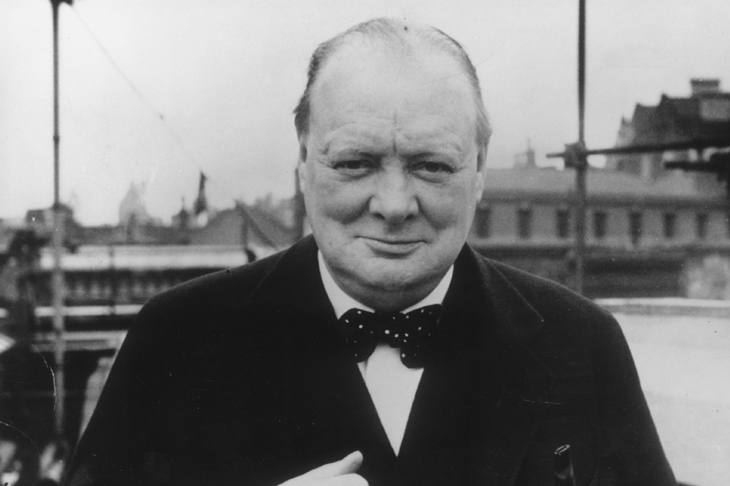
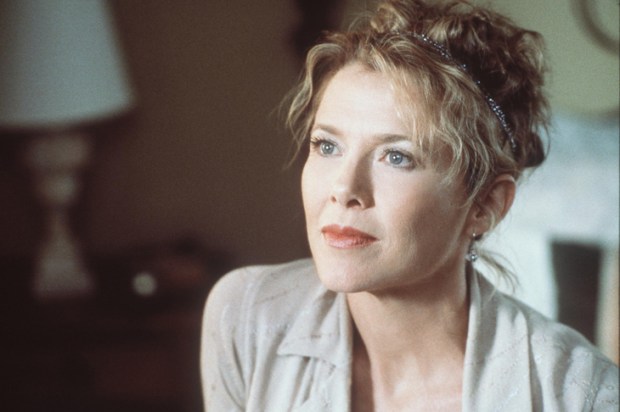

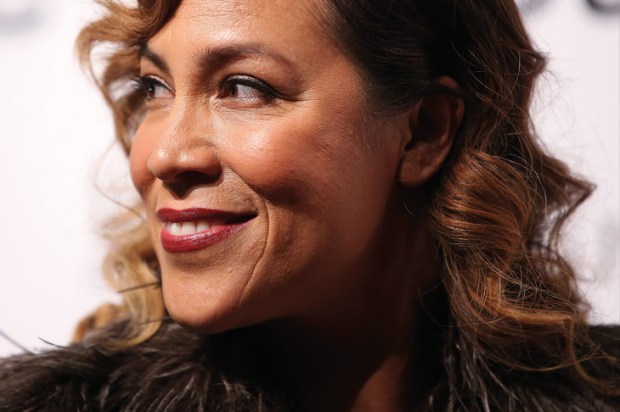
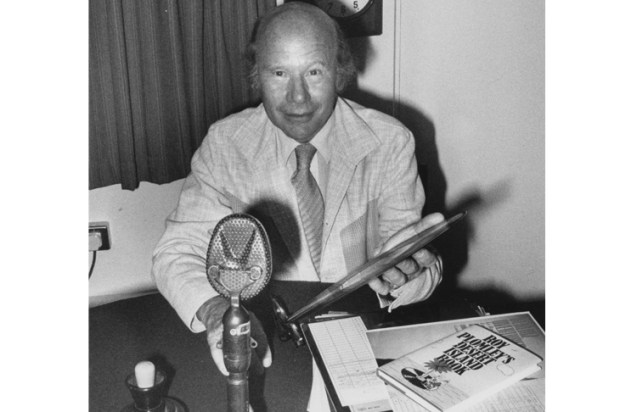
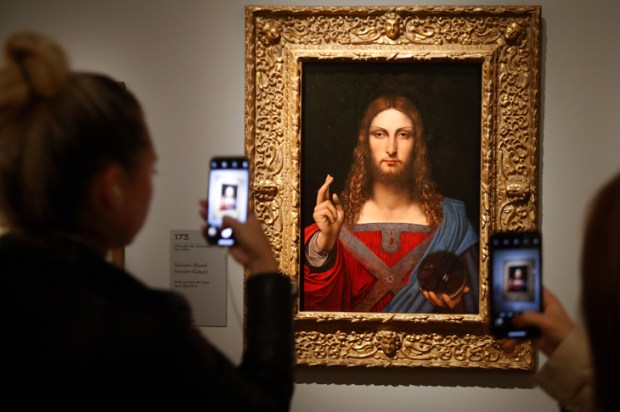
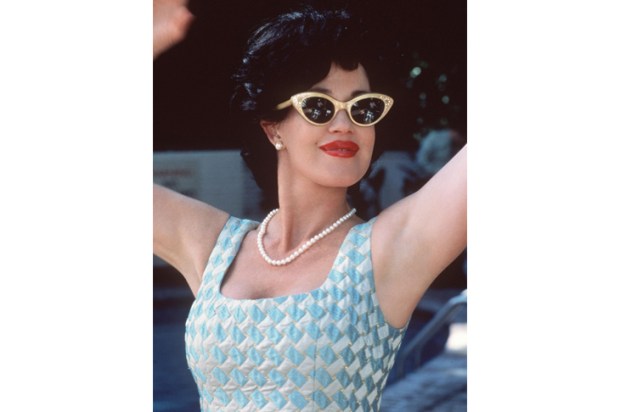






Comments
Don't miss out
Join the conversation with other Spectator Australia readers. Subscribe to leave a comment.
SUBSCRIBEAlready a subscriber? Log in